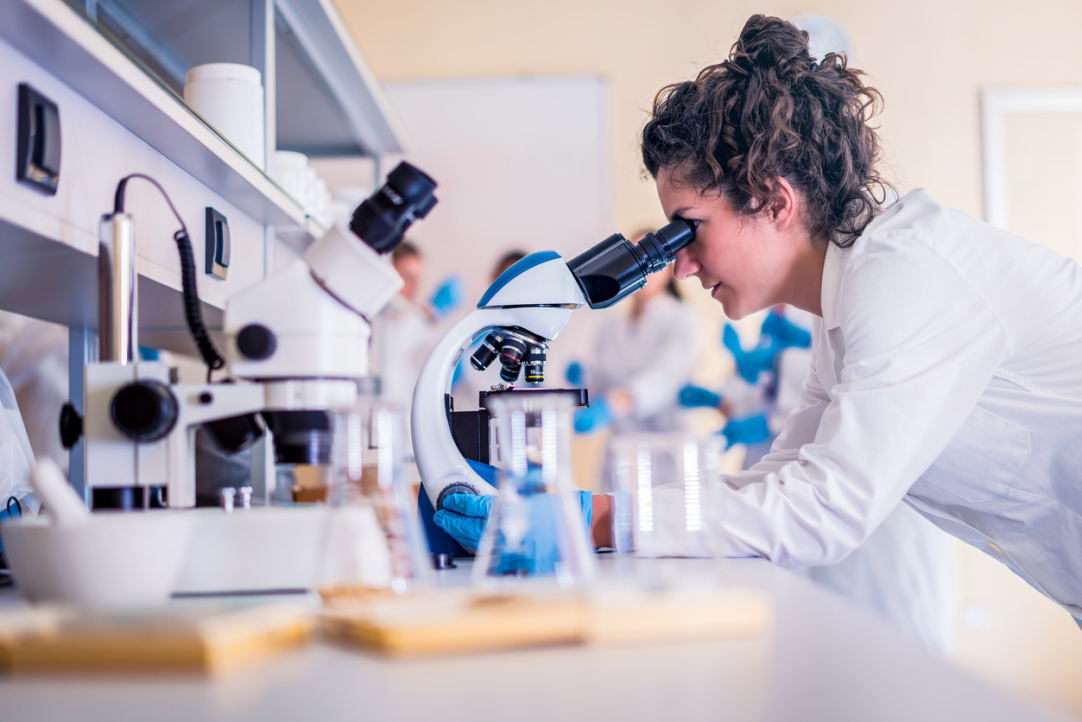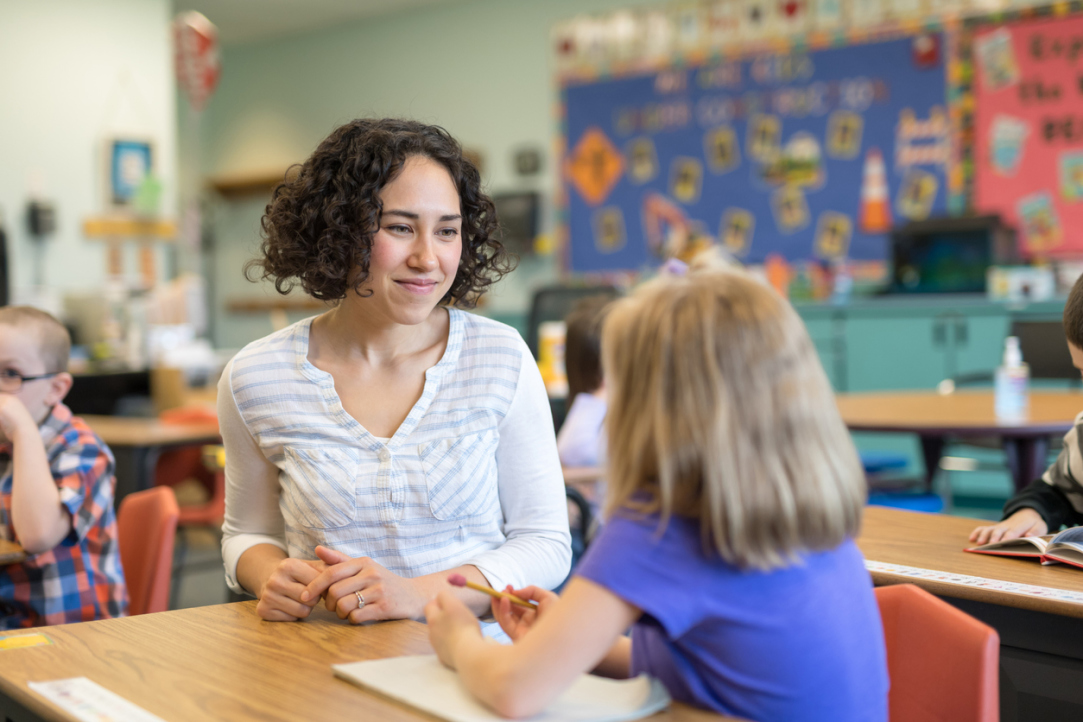
Student Research Paper Competition 2021 Kicks Off at HSE University
The annual HSE Student Research Paper Competition (SRPC) helps young researchers try their hand in a real academic competition, where leading experts and professionals from HSE University assess their research papers. This year, participation will be open from September 1 to October 15.

HSE Scholars Determine Tsar Boris Godunov’s Exact Date of Birth
HSE University researchers Feodor Uspenskij and Anna Litvina studied the notes of Georg Tectander, a diplomat of the Holy Roman Empire, and discovered the exact date of birth of Tsar Boris Godunov: August 2 (Julian calendar) or August 12 (Gregorian calendar). The scholars then verified and confirmed this date with other 17th-century sources. The results of the study are presented in a paper published in the Studi Slavistici journal (Florence, Italy), and in a follow-up paper to be published by the same journal at the end of the year.

Businesses Benefit from Board Members’ Diverse Experiences
HSE researchers have assessed the influence of board members’ work experience diversity on a company’s economic performance. Who makes a better board member—company veterans or outsiders? Their findings have been published in the Russian Management Journal.

Russian Researchers Obtain New Data on Solar Magnetic Field Asymmetry
Researchers from the Institute of Earthquake Prediction Theory and Mathematical Geophysics (Russian Academy of Science) and HSE University have proven that asymmetry between meridional flows in the northern and southern hemispheres of the Sun depends on the anomalies of the solar magnetic field. Research undertaken by Elena Blanter and Mikhail Snirman reveals new aspects of the importance of solar magnetic field asymmetry for predicting the anomalies of the Sun’s activity. The article has been published in Solar Physics.

HSE University Invites Leading Researchers to Experimental Research Laboratory Competition
HSE University has announced an open project competition to create experimental research laboratories in the natural sciences. The competition is open to research projects in the fields of biophotonics and ageing (biology, physiology, biomedicine, biostatistics, and bioinformatics.)

HSE Researchers Compare Expressive and Receptive Language Abilities of Russian-speaking Children with ASD for the First Time
Researchers from the HSE Centre for Language and Brain and their Russian and American colleagues have become the first to compare expressive and receptive language abilities of Russian children with Autism Spectrum Disorder (ASD) at different linguistic levels. Their work helped them refute the hypothesis that children with ASD understand spoken language less well than they produce it. The study was published in Research in Developmental Disabilities.

Russian Scientists Investigate the Immune Response to SARS-CoV-2 Variants
HSE University researchers assessed the effectiveness of the T-cell immune response to 11 variants of SARS-CoV-2. Their findings have been published in Nucleic Acids Research.

Think Before You Drink: Why Women Live Longer Than Men
Women are more likely to live to old age because they are less prone to indulge in bad habits than men. A whole range of social, biological and other factors—such as women being more likely to visit the doctor and exercise—also play an important role. Experts from HSE University and RANEPA analyzed the effects of various factors on the reduction in men's life expectancy, which varies based on habits and ideas about male behavior in different countries.

Researcher at HSE University in Perm Predicts Electricity Consumption in Residential Buildings
Aleksey Kychkin, Associate Professor in the Department of Information Technologies in Business at HSE University in Perm, together with Georgios Chasparis, a scientist at the Software Competence Center Hagenberg (SCCH, Austria), built models to predict energy consumption in residential buildings for the day ahead. The electricity consumption profile of a group of residential buildings, which is determined for the day ahead, will allow electricity demand to be effectively managed. The results of the research were published in ‘Energy and Buildings’journal.

Researchers Propose Carbon Debt System to Combat Global Warming
An international team of researchers, including Artem Baklanov, Research Fellow of the International Laboratory of Game Theory and Decision Making, HSE University, has proposed treating greenhouse gas emissions as financial debt in a new research article published in Nature. This approach could provide immediate economic incentives for enterprises to begin mitigating the harmful effects of their business activities.


Deadline for applications to present academic reports - January 20, 2025